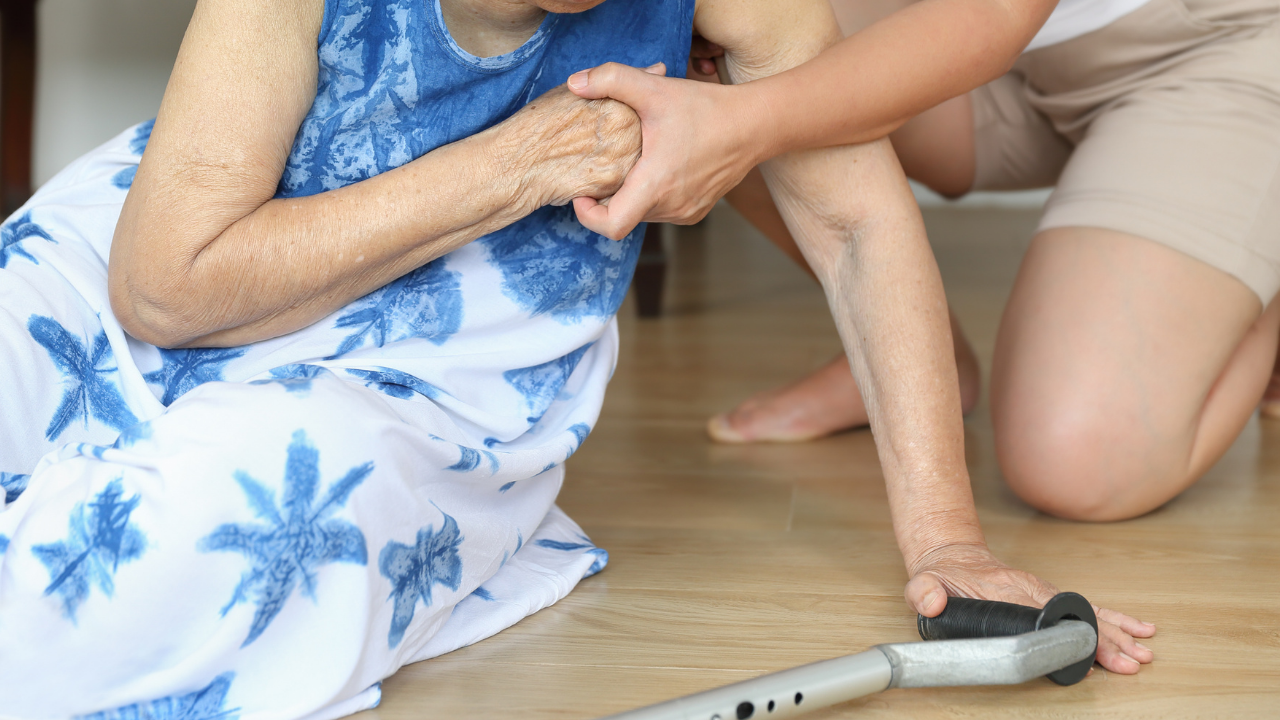I am sure you have a lot of questions about this drug especially if it has been prescribed quite recently. This article will look at most commonly asked questions in practice and tips to reduce side effects.
What is Seroquel?
Seroquel is a prescription medication and belongs to a class of drugs called antipsychotics. It is a second-generation antipsychotic drug. The generic name of is Quetiapine.
What is Seroquel used for?
This medication can be used to treat bipolar disorder, schizophrenia as well as depression and treatment resistant OCD. These are the main indications for Seroquel, but the medication can be also used off label for psychosis and agitation associated with dementia, ICU-delirium, generalized anxiety disorder, delusional infestation, post-traumatic stress disorder and psychosis in Parkinson’s disease.
How is Seroquel taken?
There are two forms a regular release tablet and an extended-release tablet. The regular release tablet can be taken with or without food. The ER tablet should be taken whole. Do not bite or chew it. It can also be taken on an empty stomach or with a light meal.A light meal is defined as meal having less than 300 calories.
Here I have listed the most common forms and I won’t go into detail about the doses and uses for the different pathological indications. You can discuss those with your prescribing health care provider. Generally, you start with the lowest dose and titrate gradually monitoring for effect & response to treatment and side effects.
Tablet, Oral:
SEROquel: 25 mg, 50 mg, 100 mg, 200 mg, 300 mg, 400 mg
Generic: 25 mg, 50 mg, 100 mg, 200 mg, 300 mg, 400 mg
Tablet Extended Release 24 Hour, Oral:
SEROquel XR: 50 mg, 150 mg, 200 mg, 300 mg, 400 mg
Generic: 50 mg, 150 mg, 200 mg, 300 mg, 400 mg
How does Seroquel work?
Seroquel is thought to rebalance the levels of 2 neurotransmitters.: dopamine and serotonin. By re-balancing these two neurotransmitters Seroquel helps with your mood, behavior and even the way you think.
All drugs have side effects .Some individuals might experience no or only mild side effects. Other individuals might experience moderate to even severe side effects. I can only list the most common and talk to your pharmacist or health care provider about any concerns or questions you might have. I have listed the percentages of how common these side effects are in parentheses.
What are common side effects?
- Orthostatic hypotension (2-7%)
- Fast heart rate, tachycardia (<11%)
- Increased cholesterol (7-18%)
- Increased triglycerides (8-28%)
- Weight gain (4-23%)
- Drowsiness (18-57%)
- Agitation (20%)
- Headache (21%)
- Increased blood sugars (2%)
- Constipation (2-10%)
10 Tips to know when taking this medication:
- 1.This medication can cause side effects referred to as anticholinergic side effects. What does that mean? You may experience constipation, urinary retention, dry mouth or dry eyes. In some older adults it may add to cognitive dysfunction thus increasing the risks for falls. You will be at a higher risk to experience these side effects especially if you are older, have multiple disease entities which are being treated and are on multiple medications. I am always quite reluctant to start this medication in an older adult and you need to have a conversation with your health care provider discussing risks vs benefits.
- 2.You would have noticed when I listed the side effects that your lipid profile especially your triglycerides and cholesterol are affected. Make sure that your health care provider gets a lipid panel at least yearly whilst you are on this medication
- 3.Your blood sugars can also be affected. Especially if you are a diabetic check your blood sugars and have your HbA1c checked at least annually.
- 4.I do check your blood chemistries at least annually whilst on this medication.These would include your liver parameters, renal parameters as well as electrolytes and a thyroid function test called TSH.These parameters can be in some cases be affected.For example low thyroid function such as Hypothyroidism can be seen albeit a rare side effect.
- 5.Especially older patients are at a higher risk for falls. Your blood pressure can drop so take your time when you are getting up from a sitting position. Be careful when you are going up or down stairs.

- 6.It is also recommended that you get a blood parameter called CBC checked. In some patients (less than 2%) your white cell count can be affected causing it to go down. This condition is called neutropenia.
- 7.Is Seroquel used as a sleeping pill? This is a question I often get. As you would have noticed one of the side effects of Seroquel is drowsiness and this medication should be preferably taken in the evening. However, per FDA it is not to be used as a sleeping pill. Some health care providers do use it off label to treat insomnia
- 8.Some individuals esp. older adults are at an increased risk for extrapyramidal side effects. What does this word mean? Some of the side effects you might see are stiff muscles, tremors, involuntary facial movements, involuntary muscle contractions, an inability to sit still. These reactions are seen in about 1-13% of cases are usually dose dependent meaning the higher the dose the higher the chance of side effects.
- 9.Antipsychotic drugs such as Seroquel can cause erectile dysfunction and decreased libido.Be aware of this when you are on this medication.
- 10.In our practice we do check an EKG on every individual on this drug.This drug can cause a rare change seen on your EKG called QT prolongation.This can increase the risk of heart arrhythmia called torsade de pointes.
BONUS TIP:
When you are discontinuing this medication do not suddenly stop the medication. The medication should be tapered off to prevent discontinuation symptoms and rebound symptoms such as insomnia, sweating, dizziness, nauseous or tearful.
Think your Health and have a good day.
Sources:







